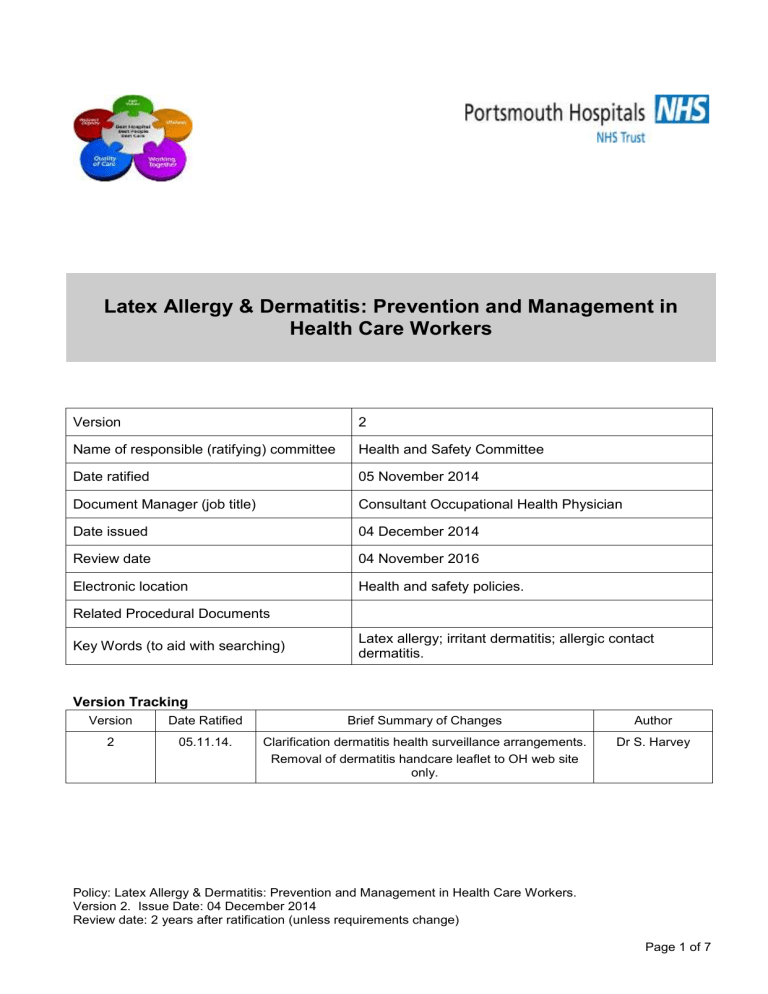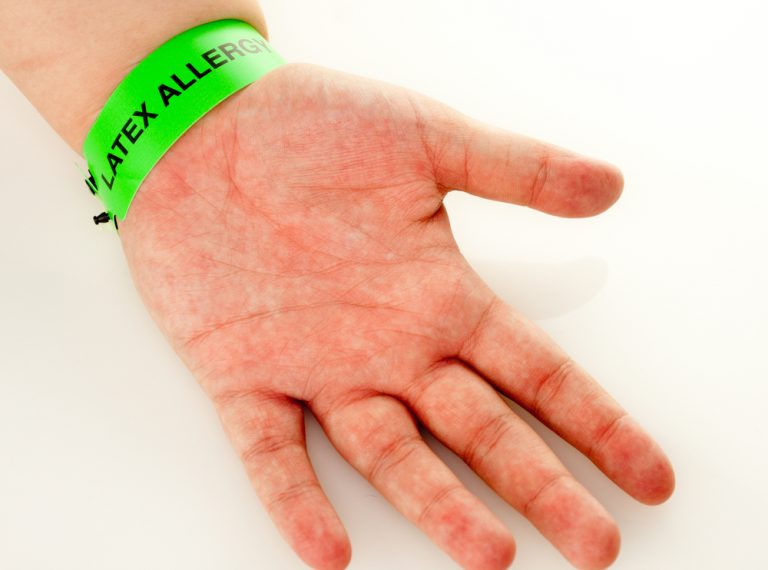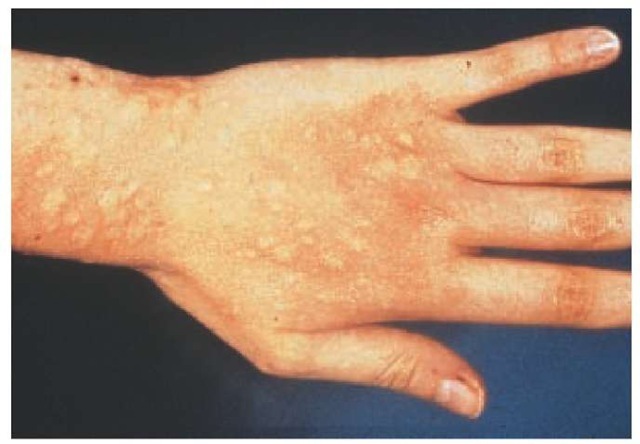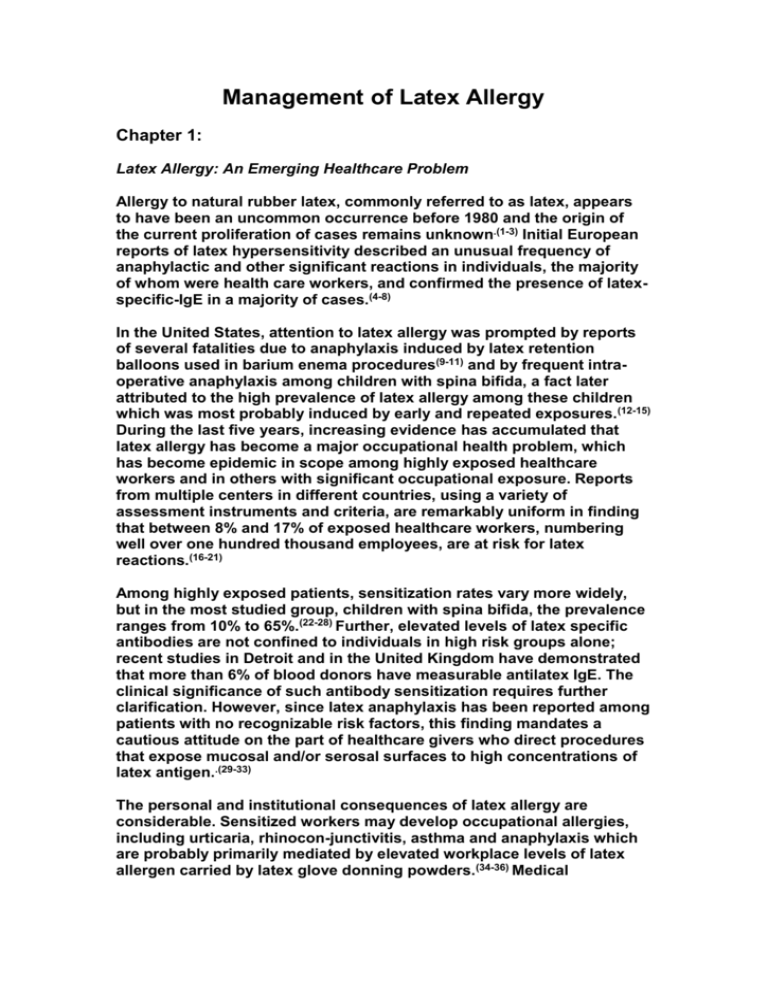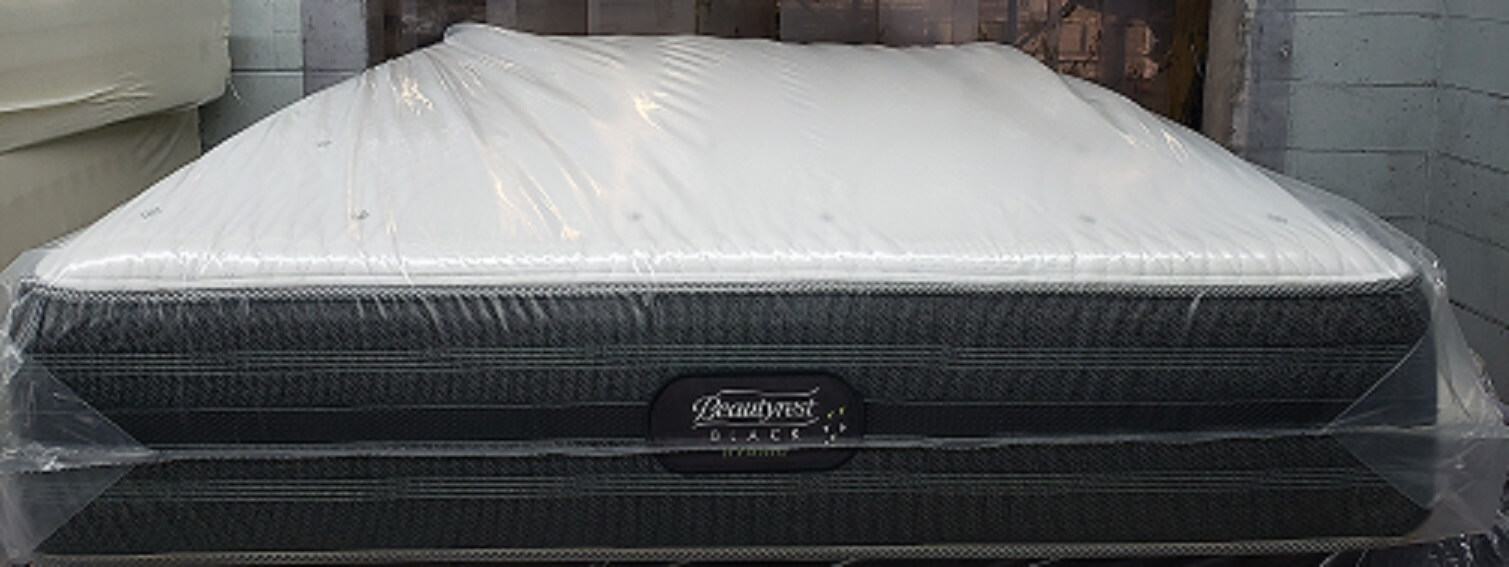Latex is a natural material made from the sap of rubber trees and is commonly used in many household products, including mattresses. While latex is known for its durability and comfort, it can also cause allergic reactions in some individuals. In fact, latex allergies affect around 1% of the general population. If you suspect you may have a latex allergy, it's important to understand the symptoms, causes, diagnosis, and treatment options available.Latex Allergy: Symptoms, Causes, Diagnosis, and Treatment
A latex allergy occurs when your body's immune system mistakenly identifies latex as a harmful substance and produces antibodies to fight it. Exposure to latex can trigger an allergic reaction, causing symptoms such as skin irritation, hives, itching, and sneezing. In severe cases, it can lead to anaphylaxis, a potentially life-threatening reaction. There are two types of latex allergies: Type I and Type IV. Type I latex allergy is an immediate reaction that occurs within minutes of contact with latex. This type of allergy is usually triggered by direct contact with latex, such as wearing latex gloves or coming into contact with a latex mattress. Type IV latex allergy is a delayed reaction that can take up to 48 hours to appear. This type of allergy is typically caused by chemicals used in the manufacturing process of latex products. If you are experiencing symptoms of a latex allergy, it's important to consult with your doctor for proper diagnosis. Your doctor may perform a skin prick test or blood test to determine if you are allergic to latex.Latex Allergy: Causes, Symptoms, and Diagnosis
The symptoms of a latex allergy can vary from mild to severe and can affect different parts of the body. Some common symptoms include:Latex Allergy: Symptoms, Causes, and Treatment
Latex allergies are more common in individuals with certain risk factors, such as healthcare workers who frequently use latex gloves, individuals with a history of allergies, and those who have had multiple surgeries or medical procedures. It's important to be aware of these risk factors and take necessary precautions to prevent exposure to latex. Additionally, avoiding products that contain latex, such as latex gloves, balloons, and rubber bands, can help reduce your risk of developing a latex allergy. If you are allergic to latex, it's also important to inform your healthcare providers, as well as friends and family, to ensure you are not exposed to latex in medical settings or social situations.Latex Allergy: What You Need to Know
There is currently no cure for a latex allergy, but there are several treatment options available to manage symptoms. In addition to medication, there are some natural remedies that may help alleviate symptoms, such as using aloe vera gel or oatmeal baths to soothe skin irritation. If you have a latex allergy, it's important to also take steps to prevent cross-reactivity with other allergens, such as certain foods. Some foods, including bananas, avocados, and chestnuts, contain similar proteins to latex and can trigger an allergic reaction in individuals with a latex allergy. Be sure to discuss any potential food allergies with your doctor.Latex Allergy: Causes, Symptoms, and Treatment
Managing a latex allergy can be challenging, but with proper diagnosis and treatment, it is possible to live a healthy and comfortable life. It's important to be vigilant about reading product labels and checking for latex content in items you use on a regular basis. You may also want to consider using alternative products, such as non-latex gloves or hypoallergenic mattresses, to reduce your risk of exposure. It's also important to educate yourself and those around you about latex allergies and how to respond in case of an emergency. If you work in a healthcare setting, be sure to inform your employer of your allergy so they can provide you with non-latex alternatives.Latex Allergy: Symptoms, Diagnosis, and Management
While there is no guaranteed way to prevent a latex allergy from developing, there are some steps you can take to reduce your risk. Avoiding direct contact with latex products is the best way to prevent a reaction. If you are at high risk for developing a latex allergy, it's also important to be proactive and speak with your doctor about preventative measures. If you have a latex allergy, it's also important to inform your dentist, as dental dams and other dental products may contain latex. In case of a medical emergency, be sure to wear a medical identification bracelet or carry a card that states your allergy, so that emergency responders are aware of your condition.Latex Allergy: Causes, Symptoms, and Prevention
In conclusion, latex allergies can be a significant challenge for those who suffer from them. It's important to understand the symptoms, causes, and treatment options available in order to manage the allergy effectively. By taking preventative measures and being prepared for potential reactions, individuals with latex allergies can live a healthy and comfortable life.Latex Allergy: Understanding the Symptoms and Treatment
Latex Allergy: Causes, Symptoms, and Management
Understanding Latex Allergies in Mattresses

The Rise of Latex Mattresses
 In recent years, latex mattresses have become increasingly popular due to their comfort and durability. This type of mattress is made from natural or synthetic latex foam, which is known for its ability to conform to the body and provide pressure relief. However, as with any product, there are potential downsides, one of which is the possibility of latex allergies.
In recent years, latex mattresses have become increasingly popular due to their comfort and durability. This type of mattress is made from natural or synthetic latex foam, which is known for its ability to conform to the body and provide pressure relief. However, as with any product, there are potential downsides, one of which is the possibility of latex allergies.
What is a Latex Allergy?
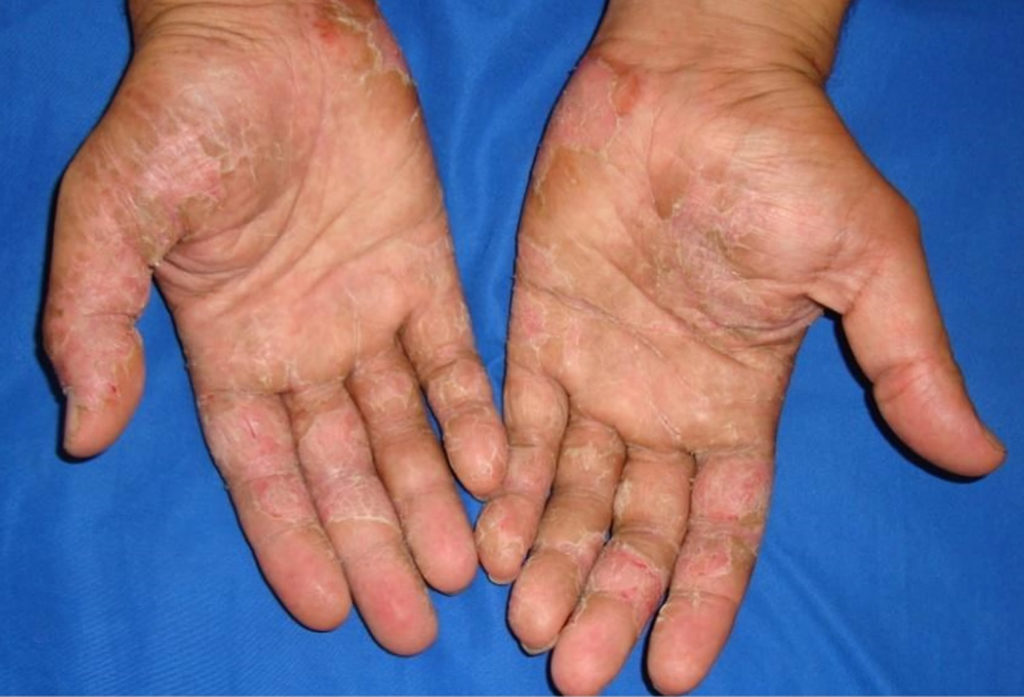 A
latex allergy
is a reaction to the proteins found in natural rubber latex. This can manifest in a variety of ways, from mild skin irritation to more severe symptoms such as difficulty breathing and anaphylaxis. While the exact cause of latex allergies is still unknown, it is believed that repeated exposure to latex can increase the risk of developing an allergy. This is why it is important for those with a latex allergy to avoid contact with latex products.
A
latex allergy
is a reaction to the proteins found in natural rubber latex. This can manifest in a variety of ways, from mild skin irritation to more severe symptoms such as difficulty breathing and anaphylaxis. While the exact cause of latex allergies is still unknown, it is believed that repeated exposure to latex can increase the risk of developing an allergy. This is why it is important for those with a latex allergy to avoid contact with latex products.
Latex Allergies and Mattresses
 For those with a
latex allergy
, sleeping on a latex mattress can be a concern. While natural latex is generally considered hypoallergenic, some people may still have a reaction to it. This is because even natural latex mattresses may contain trace amounts of proteins that can trigger an allergic reaction. Additionally, synthetic latex mattresses may contain more irritants and chemicals that can cause allergic reactions.
For those with a
latex allergy
, sleeping on a latex mattress can be a concern. While natural latex is generally considered hypoallergenic, some people may still have a reaction to it. This is because even natural latex mattresses may contain trace amounts of proteins that can trigger an allergic reaction. Additionally, synthetic latex mattresses may contain more irritants and chemicals that can cause allergic reactions.
How to Reduce the Risk of Latex Allergies
 If you have a known latex allergy or are concerned about developing one, there are steps you can take to reduce the risk when using a latex mattress. The first is to opt for a mattress made from synthetic latex, as it is less likely to contain the proteins that can trigger an allergy. You can also look for mattresses that are certified as hypoallergenic or have been treated to remove any potential allergens.
If you have a known latex allergy or are concerned about developing one, there are steps you can take to reduce the risk when using a latex mattress. The first is to opt for a mattress made from synthetic latex, as it is less likely to contain the proteins that can trigger an allergy. You can also look for mattresses that are certified as hypoallergenic or have been treated to remove any potential allergens.
Conclusion
 While latex mattresses offer many benefits, it is important to be aware of the potential for latex allergies. By understanding what a latex allergy is and taking precautions when choosing a mattress, you can still enjoy the comfort and support of a latex mattress without the worry of an allergic reaction. As always, it is recommended to consult with a medical professional if you have any concerns about latex allergies.
While latex mattresses offer many benefits, it is important to be aware of the potential for latex allergies. By understanding what a latex allergy is and taking precautions when choosing a mattress, you can still enjoy the comfort and support of a latex mattress without the worry of an allergic reaction. As always, it is recommended to consult with a medical professional if you have any concerns about latex allergies.



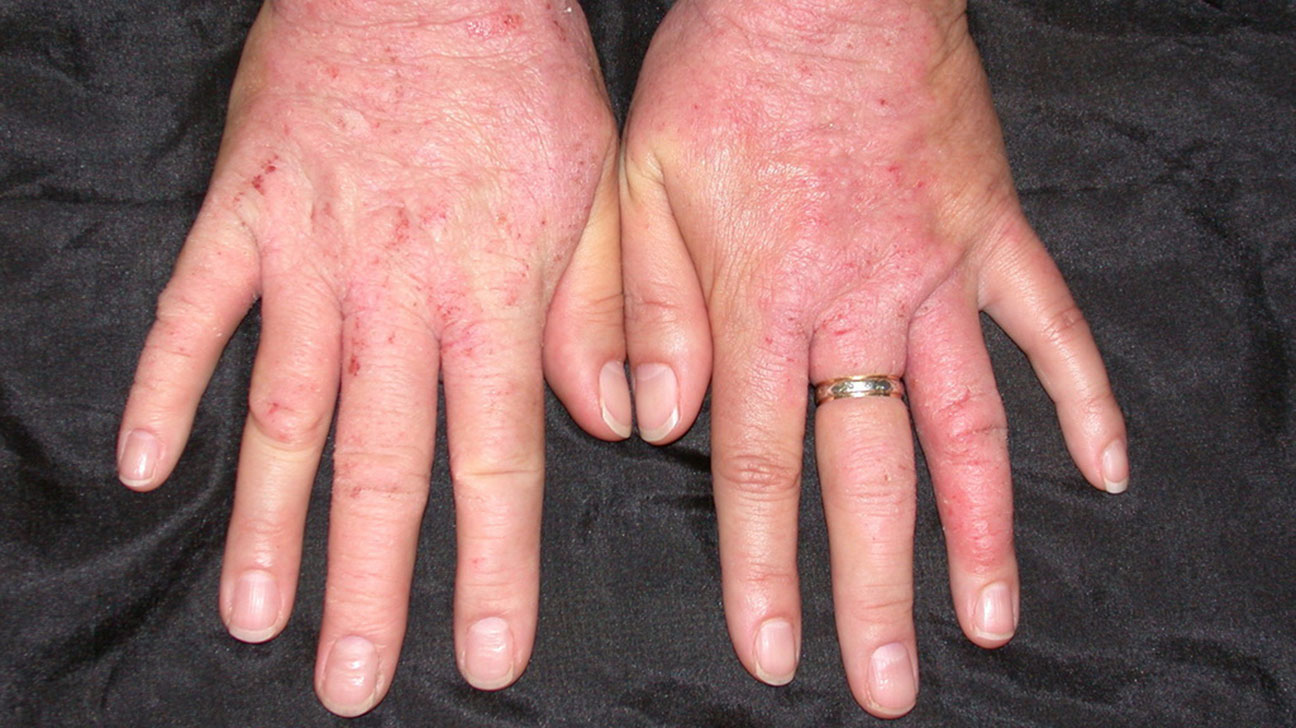
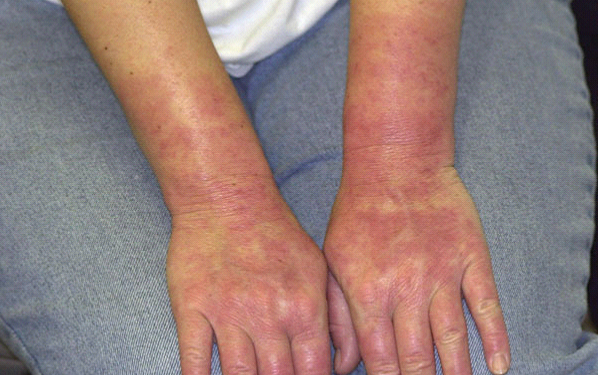







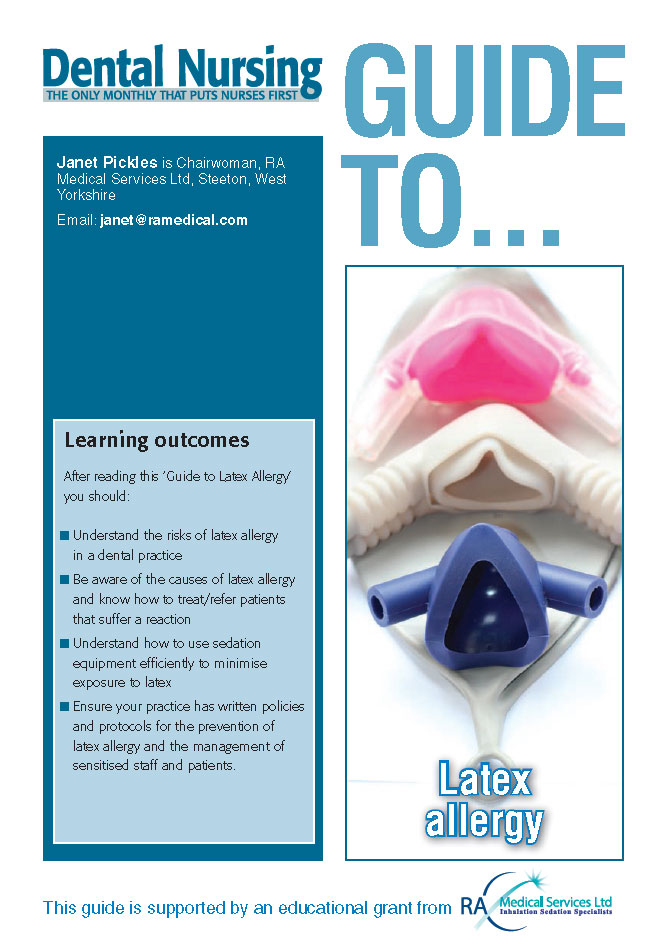


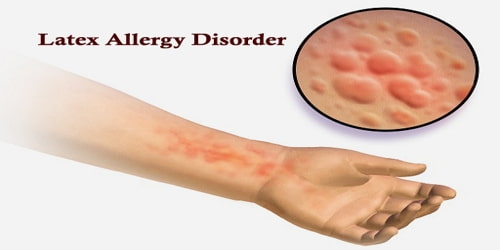
:max_bytes(150000):strip_icc()/Health-Allergies-treatment-symptoms-horiz-edit-4-c786d70d651e4d4db0ee900da50ba471.jpg)



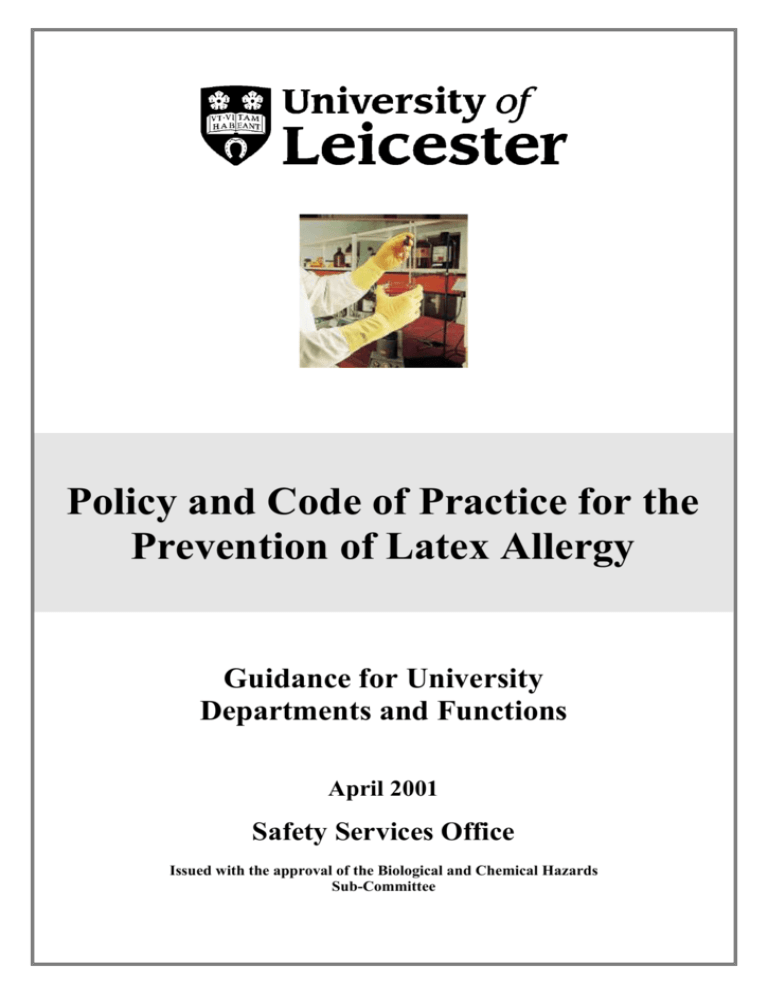
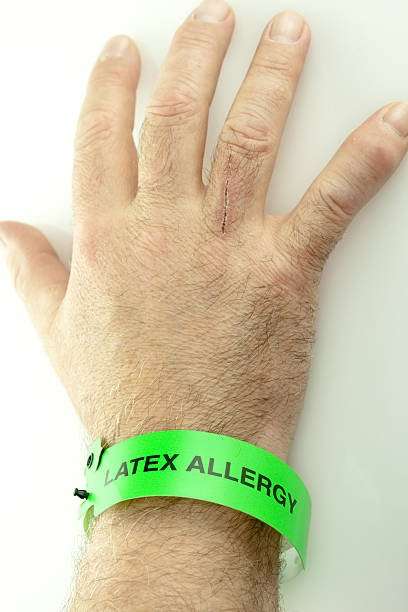

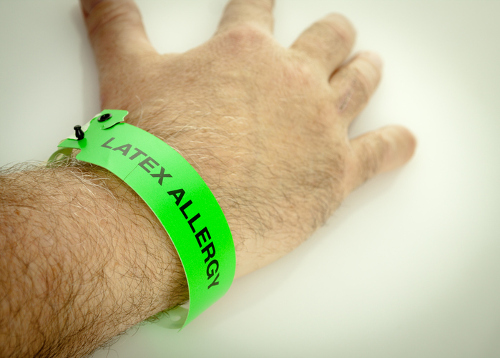





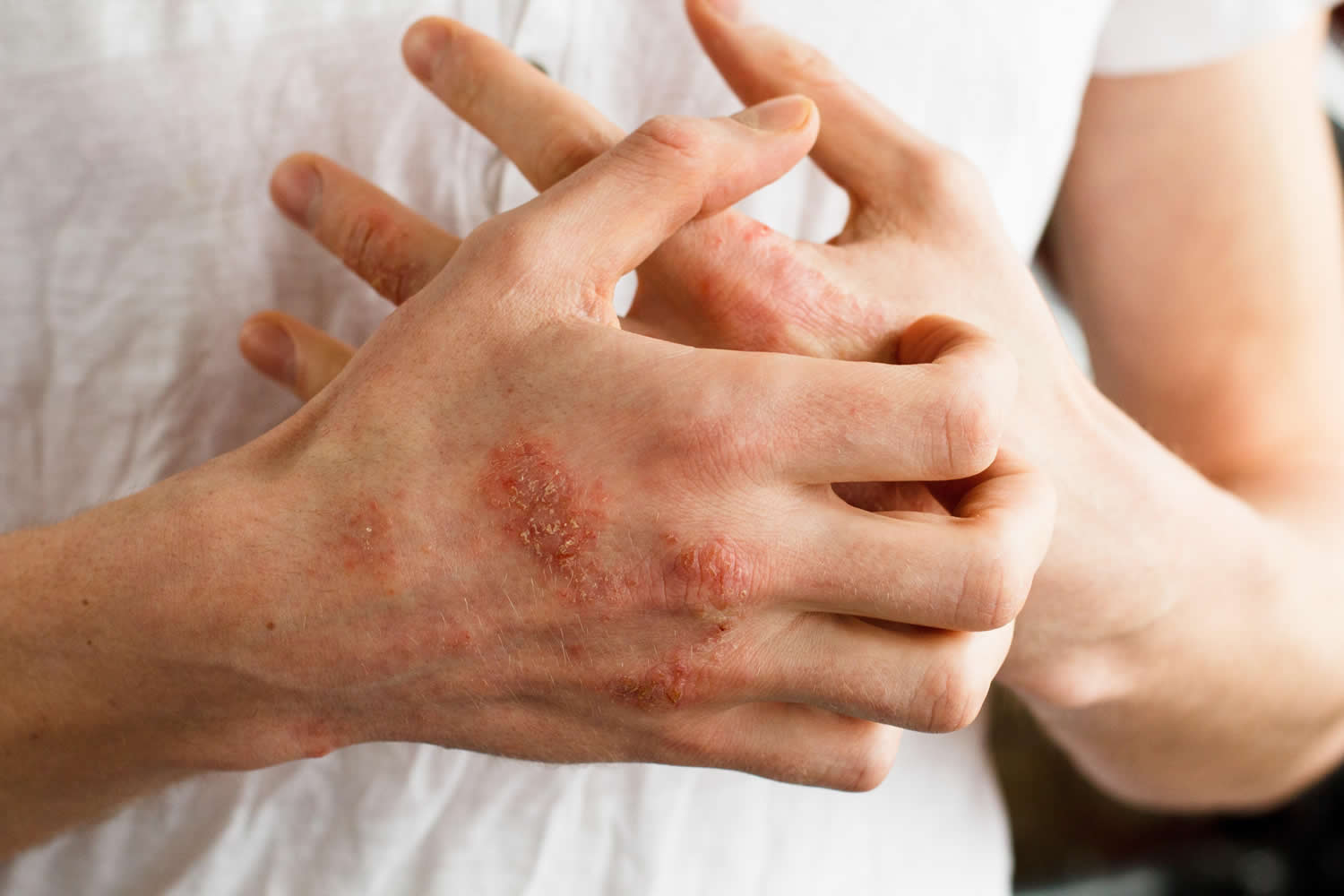

_Final.jpg?MOD=AJPERES&CACHEID=ROOTWORKSPACE.Z18_6IH81240MO2M00A9420PHQ3004-05e77d52-2f4b-44c2-82d8-50bccf43cc29-nBxAgF6)




